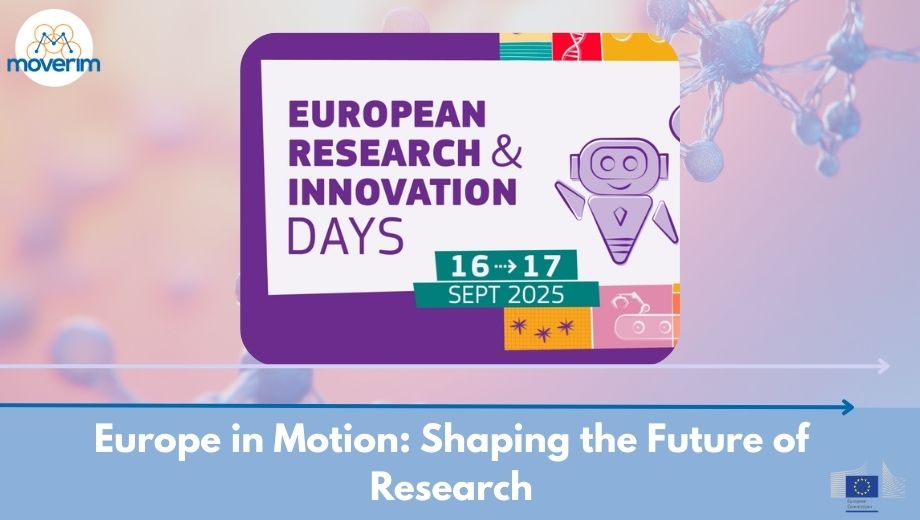
Brussels, 16-17 September 2025 – For two days, the European capital became the beating heart of research and innovation. On 16 and 17 September, the sixth edition of the European Research & Innovation Days brought together researchers, policymakers, businesses, institutions, and citizens to reflect on the challenges and opportunities Europe will face in the coming years.
This year, special attention was given to the Marie Skłodowska-Curie Actions (MSCA), the EU’s flagship programme supporting researcher mobility, skills development, and international cooperation. The focus is no coincidence: in an era marked by rapid technological change, global competition, and the urgent need for sustainable transition, investing in people and human capital is increasingly seen as the key to keeping Europe at the forefront.
R&I Days: 16 September
The first day opened with a keynote speech by European Commission President Ursula von der Leyen, who stressed the urgency of “creating an ecosystem where talent can grow, innovate, and stay in Europe.” Key topics included the new Startup & Scaleup Strategy, aimed at making Europe a fertile ground for new businesses; the AI in Science Strategy, designed to leverage artificial intelligence to accelerate scientific research; and the European Life Sciences Strategy, crucial for strengthening the biomedical and pharmaceutical sectors.
Discussions then focused on Horizon Europe and the need to simplify access to funding. Reducing bureaucracy, speeding up procedures, and ensuring fairer opportunities across Member States were central themes. In this context, the MSCA were highlighted as a model of excellence, promoting scientific quality while building bridges between universities, research institutions, and industry.
R&I Days: 17 September
The second day expanded the discussion further. Artificial intelligence dominated the debate, not only as a technological tool but as a transformative element capable of reshaping research and innovation itself. Many speakers emphasized that AI can drive responsible innovation, provided that transparency, ethics, and inclusiveness are guaranteed.
Another key focus was the valorisation of researchers. Attracting and retaining top talent requires adequate working conditions, stable contracts, career development opportunities, and mobility. The importance of supporting early-career researchers and promoting equal opportunities regardless of their starting context was particularly stressed.
Discussions also touched upon the completion of the European Research Area, the development of shared scientific infrastructures, international cooperation, and the safeguarding of academic freedom. The MSCA were presented as an essential tool to tackle these challenges, aiming to strengthen supervision and training, foster interdisciplinarity, and ensure researchers’ well-being.
The 2025 edition confirmed a clear vision: research and innovation are not only levers for economic competitiveness but also pillars for building a more resilient, inclusive, and sustainable society. In the coming months, attention will turn to the implementation of the ERA Act and the Innovation Act, which will define Europe’s legislative framework, as well as to the launch of new MSCA calls under Horizon Europe, translating the insights from these two intense days into concrete actions.
For more information:
European Research and Innovation Days 2025